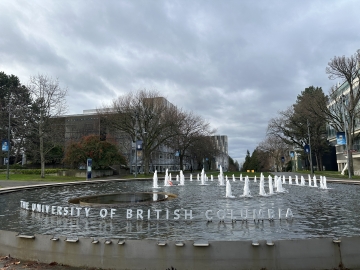The Fourth China-Japan Classical Studies Workshop was held at Peking University on November 6 and 7, 2023. The first workshop was held at Waseda University in November 2018, the second at Peking University in November 2019, and the third online (with Waseda University in charge) in November 2022 after the COVID-19 pandemic subsided. After four years, the 2023 workshop was held in a high-flex format of face-to-face and online.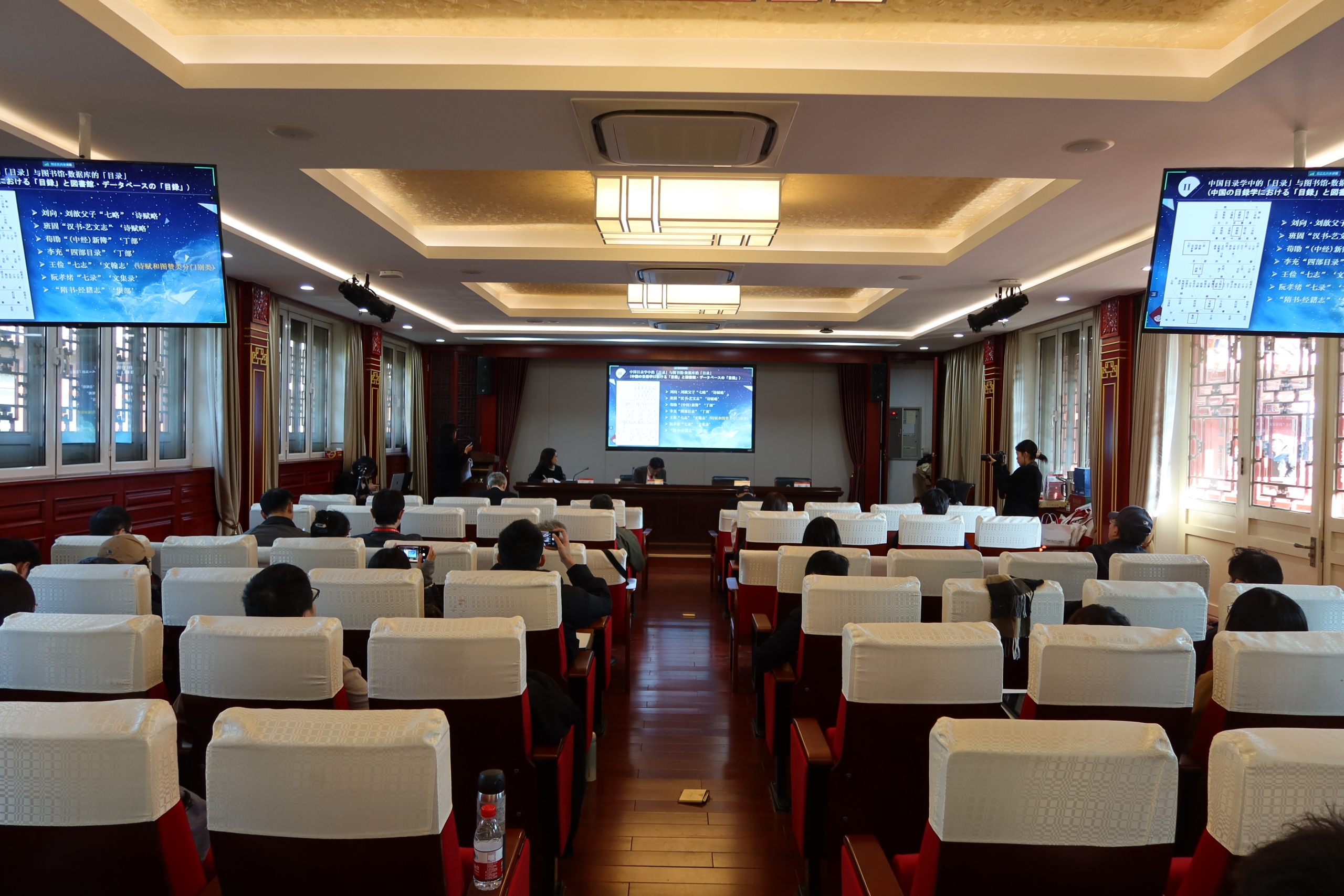
This workshop’s aims were to create a platform for academic exchange between Chinese classicists in China and Japanese classicists in Japan, to exchange information on mutual research methods, research targets, and research trends, and to pioneer and build new research on the classical studies and classic registers shared by China and Japan throughout their long history. Each workshop has a specific theme related to classical studies, and this year’s theme was “Wen (text)” and “Ji (collection)” (ancient Chinese and Japanese ideas of “Wen” and “Ji” and their interrelationships), with presentations by a total of 19 participants. The workshop was also intended to provide a forum for the next generation of researchers to present their research and interact with each other, and a total of 8 presentations were made during the Youth Panel.
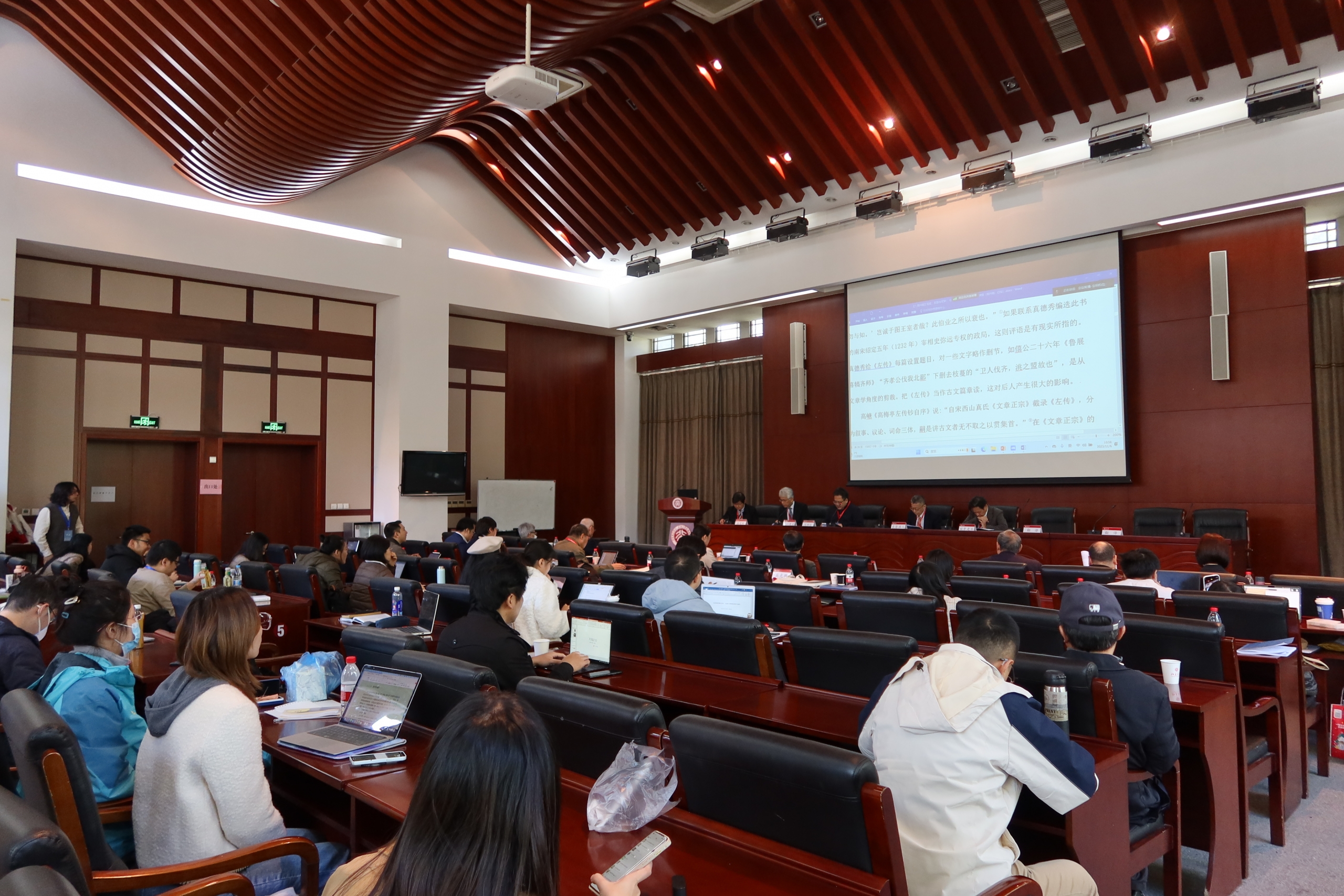
The two-day workshop raised a number of multifaceted and essential questions about the existence of “Ji”: what kind of materials have been used; what kind of compilation policies have been used; what kind of intentions are contained; and what kind of values have been formed. It also raised the question of the relationship between “Ji” and other “Jing, Shi, Zi” in classical Chinese literature, its framework, and changes in classification, from a general historical perspective from ancient times to the modern era. Participants also discussed the implications of the concept of “Wen” and the types and functions of “Wen” in relation to “Ji,” and attempted to clarify the meaning of the concept. One notable trend was the use of classical materials in Japanese collections and Japanese-printed books published in Japan in many of the presentations from the Chinese side. The workshop reaffirmed the importance of joint China-Japan discussions on classical studies and provided an opportunity for mutual discoveries.
One of the most notable outcomes of the workshop was the Youth Panel. All the presentations were very stimulating for the participants, as they presented the specific materials and research framework for their doctoral dissertations in a clear and concise manner, using effective PowerPoint presentation materials. During the Youth Panel, there was abundant advice from both Chinese and Japanese faculty members, and the participating students were able to gain much from the discussions.
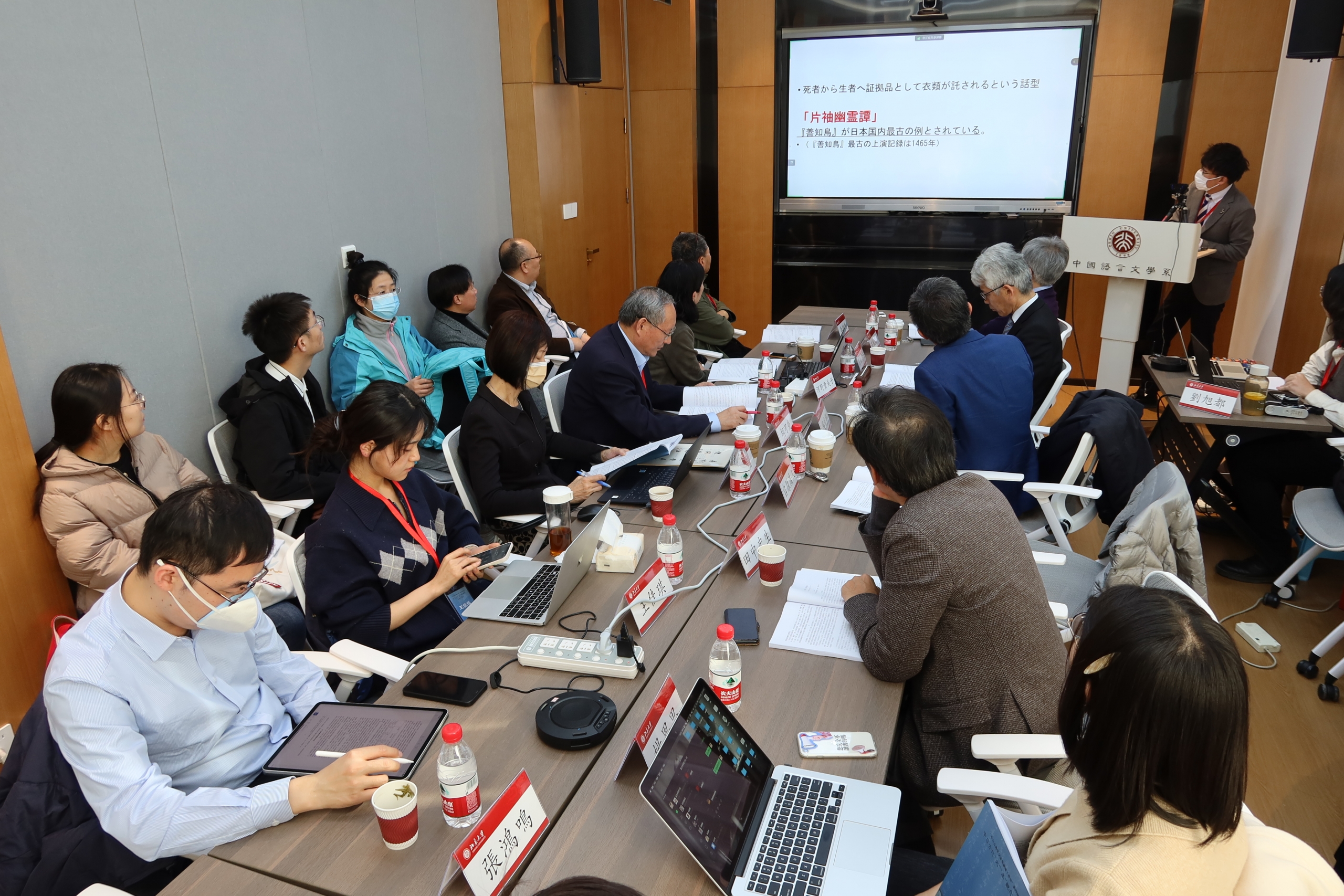
As a result of the workshops to date, the first Chinese-language volume of the proceedings was published in 2022 and a Japanese-language volume will follow shortly. The third and fourth workshop proceedings will also be published in both Chinese and Japanese. The fifth workshop will be held at Waseda University in November 2024 with the theme “Text and Image.”
Another important aspect of the workshop was the participation of many faculty members and presentations not only from Peking University and Waseda University, but also from other universities in Japan and abroad. Additionally, students from other Chinese universities also visited the venue and participated in the workshop. The China-Japan Classical Studies Workshop is expected to serve as a nucleus for researchers and students in related fields and as a base for building and expanding networks in the future.
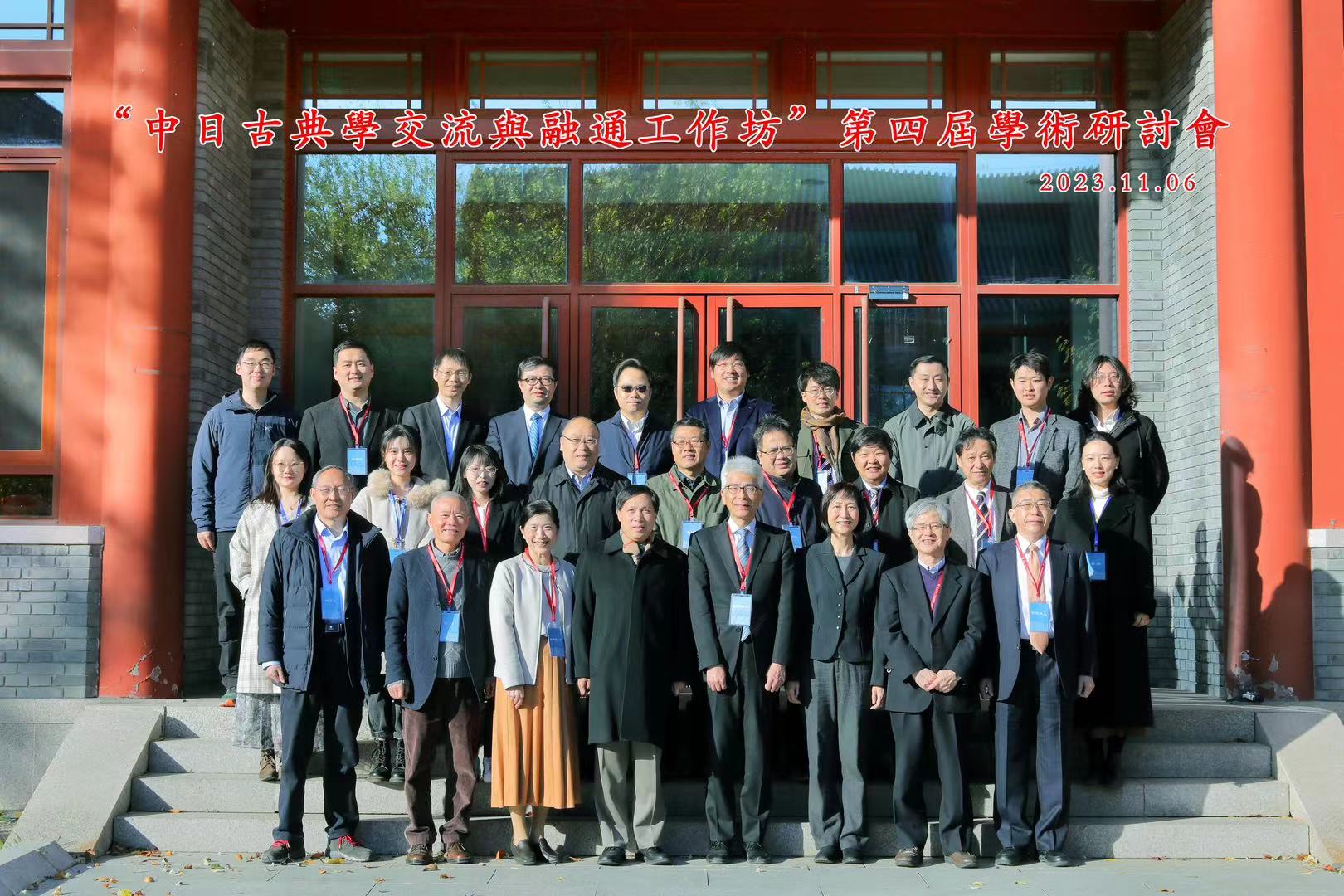
The workshop was sponsored by the Division of Humanities, Peking University, the Waseda University Research Institute of Japanese Classical Books, and the Global Japanese Studies Model Unit, Top Global University Project, co-sponsored by the Waseda University Research Institute for Letters, Arts and Sciences and the Ryusaku Tsunoda Center of Japanese Culture and JSPS Grant-in-Aid for Scientific Research (C) (20K00303), and supported by Comprehensive Research Organization, Waseda University.


